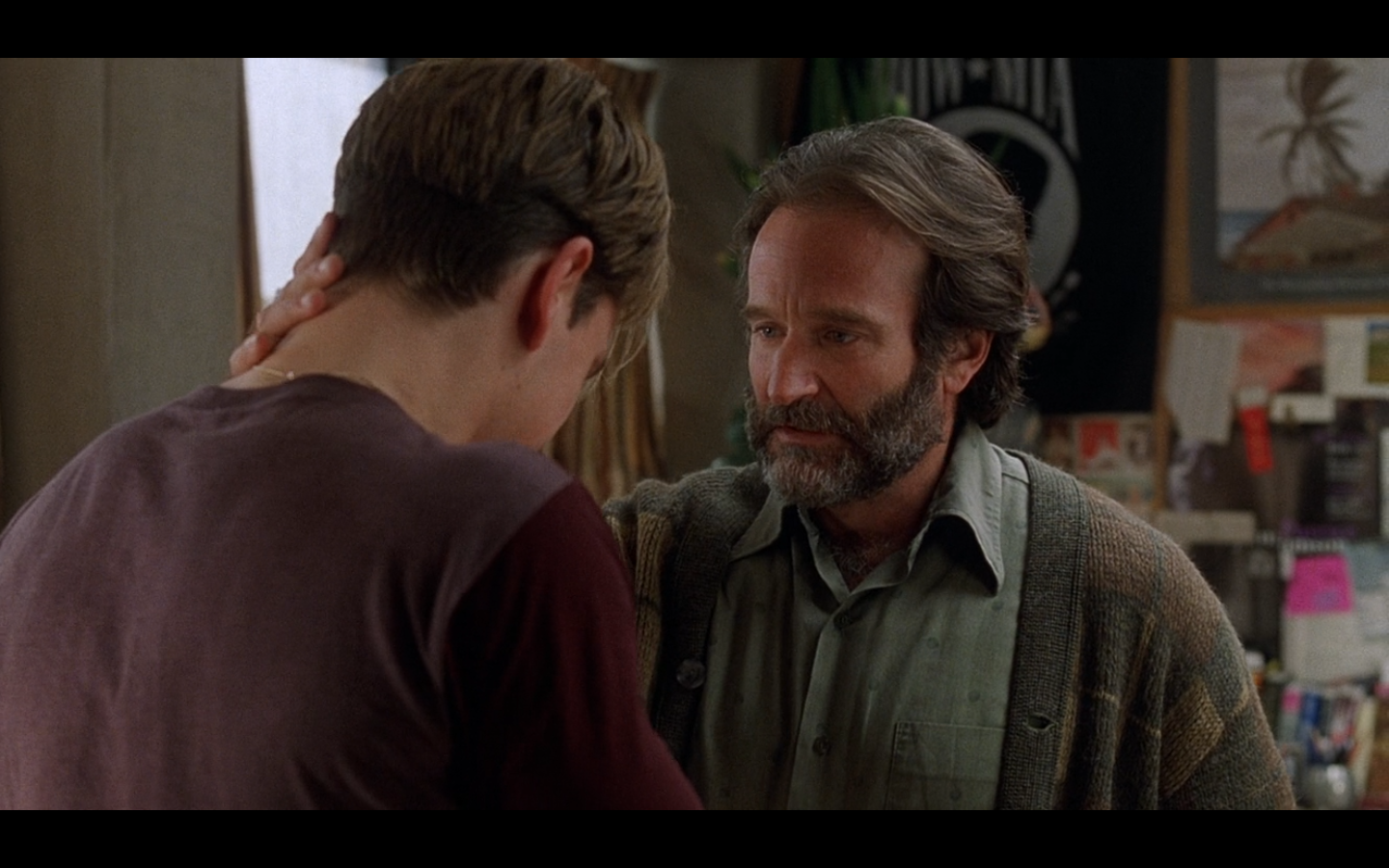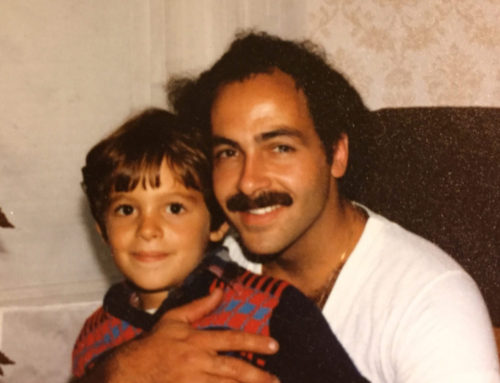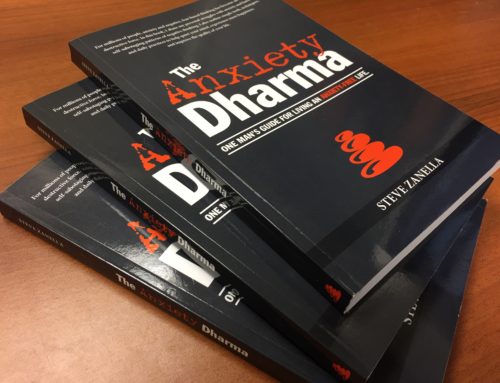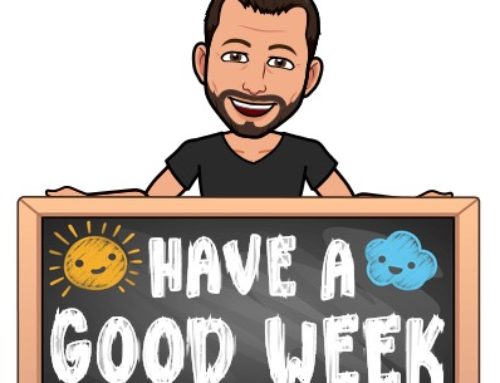It’s Not Your Fault!
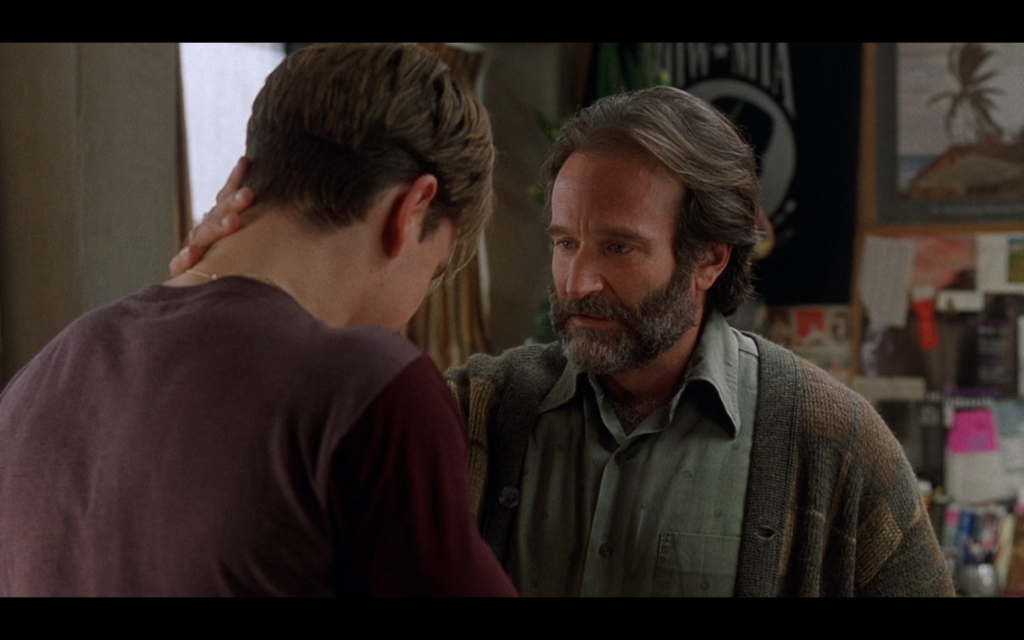
The thing about seeing the world through an anxiety-filled mind is that you think it’s all your fault. And even when your rational mind tells you it’s not, there is still a part of your mind that quietly tells you, “Yes it is.”
It reminds me of that scene from the movie Good Will Hunting, where Robbin Williams tells Matt Damon that all the abuse that happened to him isn’t his fault. At first, he simply says, “I know” but as Williams continues to repeat the phrase Damon first gets angry and then breaks down in tears.
When you live with anxiety, this level of blame lives with you on such a deep level even I don’t realize it is impacting me until I look back on a situation. Unfortunately, looking back means the situation has already passed and you have done or said things that you wish you hadn’t. This causes you to feel guilty or frustrated, which adds to the insecurity that feeds into the never-ending anxiety cycle.
When you blame yourself for everything, you take the weight of the world on your shoulders. If someone is upset it’s your fault, if someone is angry or having a bad day, you must have done something to cause it. If something goes wrong you are responsible in some way. Even when there is no possible way you are to blame some small part of you still thinks there is. You become hypersensitive to the emotional state of the people in your world and everything makes you anxious.
This can be very problematic, especially in relationships. I have a tendency to need to solve everyone’s problems because it counteracts the feeling of blame. If it’s my fault, I want to fix it—if it isn’t my fault, I still want to fix it because deep down inside I still think it might be my fault. I want the other person to stop hurting, not because I want them to feel better but because I want to feel better. It sounds very selfish but it is really an act of self-preservation that is happening on a subconscious level. Most people have no idea they are acting this way until they look back at a situation—some people never do.
How do I deal with this? I need to stay mindful of my emotions as they are happening. When I feel myself getting defensive I remind myself that I’m not being blamed for something, the person speaking is simply sharing how they feel. I need to listen to them first—be present listen mindfully. The fact that they are upset or angry isn’t my fault—the world does not revolve around me.
And if the situation arises where the person is upset with something I’ve done, by not getting defensive I’m able to hear what they are saying and look for a resolution rather than defend what I did or make excuses. It is much easier to communicate with someone when you are using your rational mind rather than your emotional one. People with anxiety live in the emotional part of their mind—this makes life challenging.
I have to remind myself, I am not responsible for the emotional state of everyone in my life. I am only responsible for my own emotional state… and that is enough.

